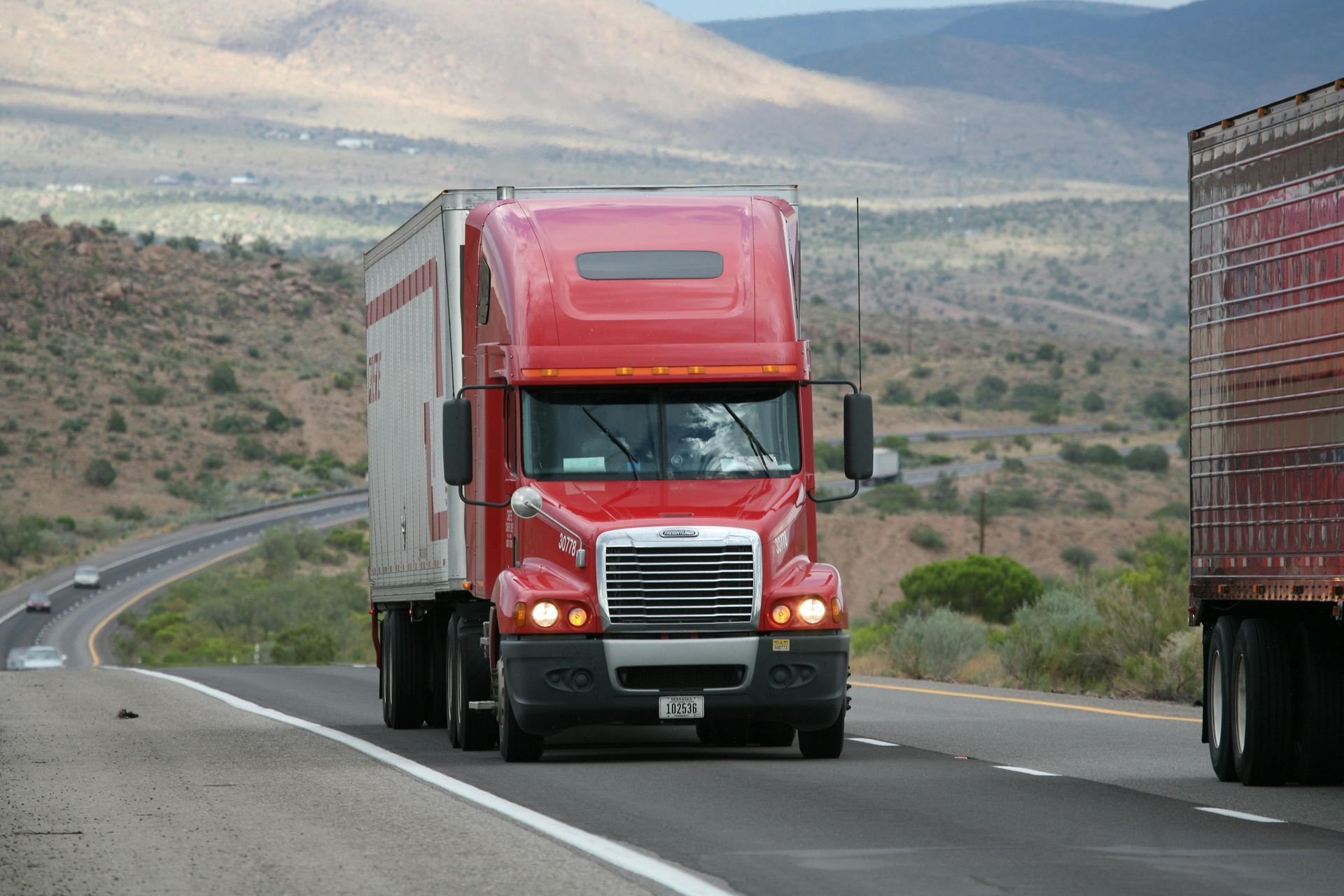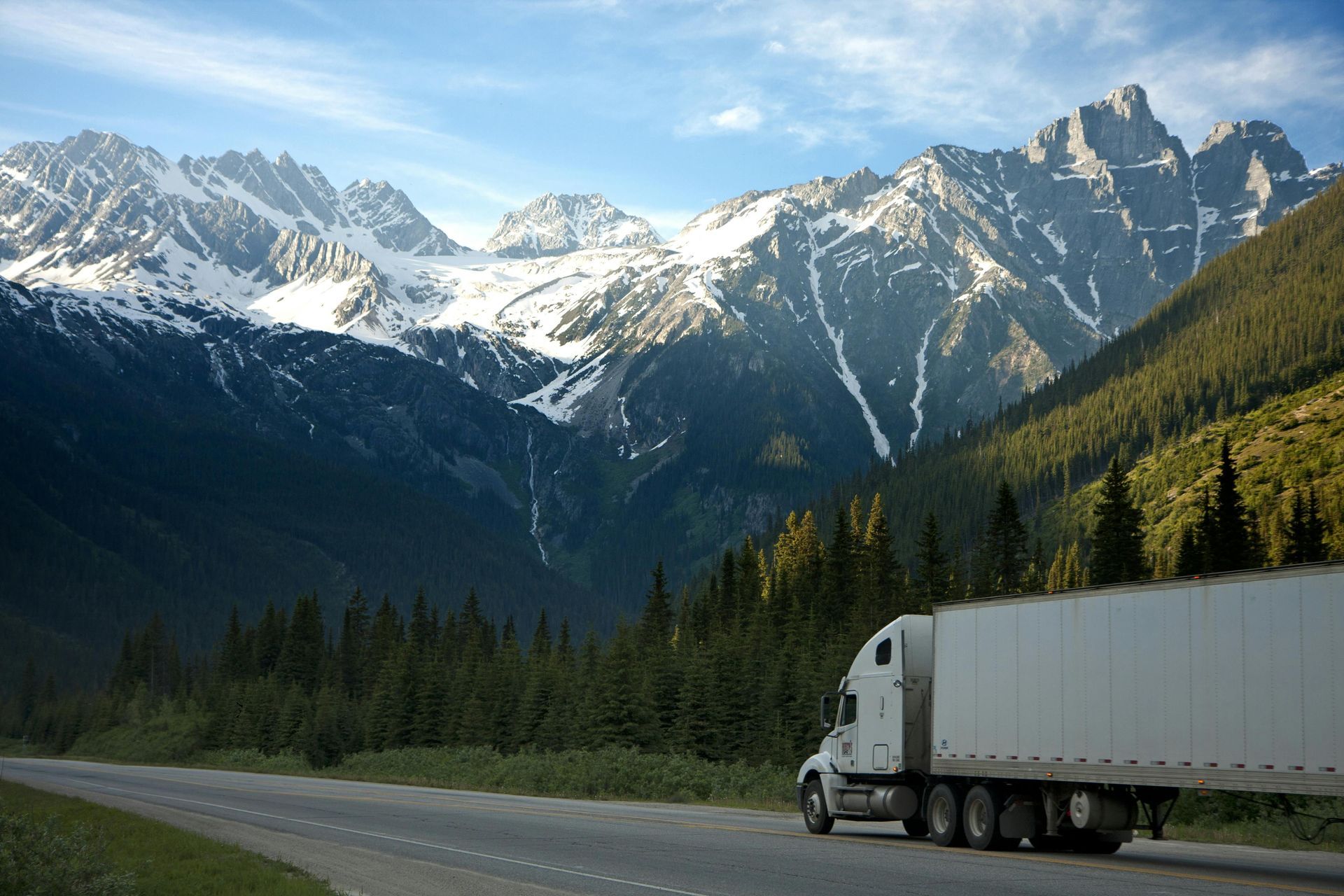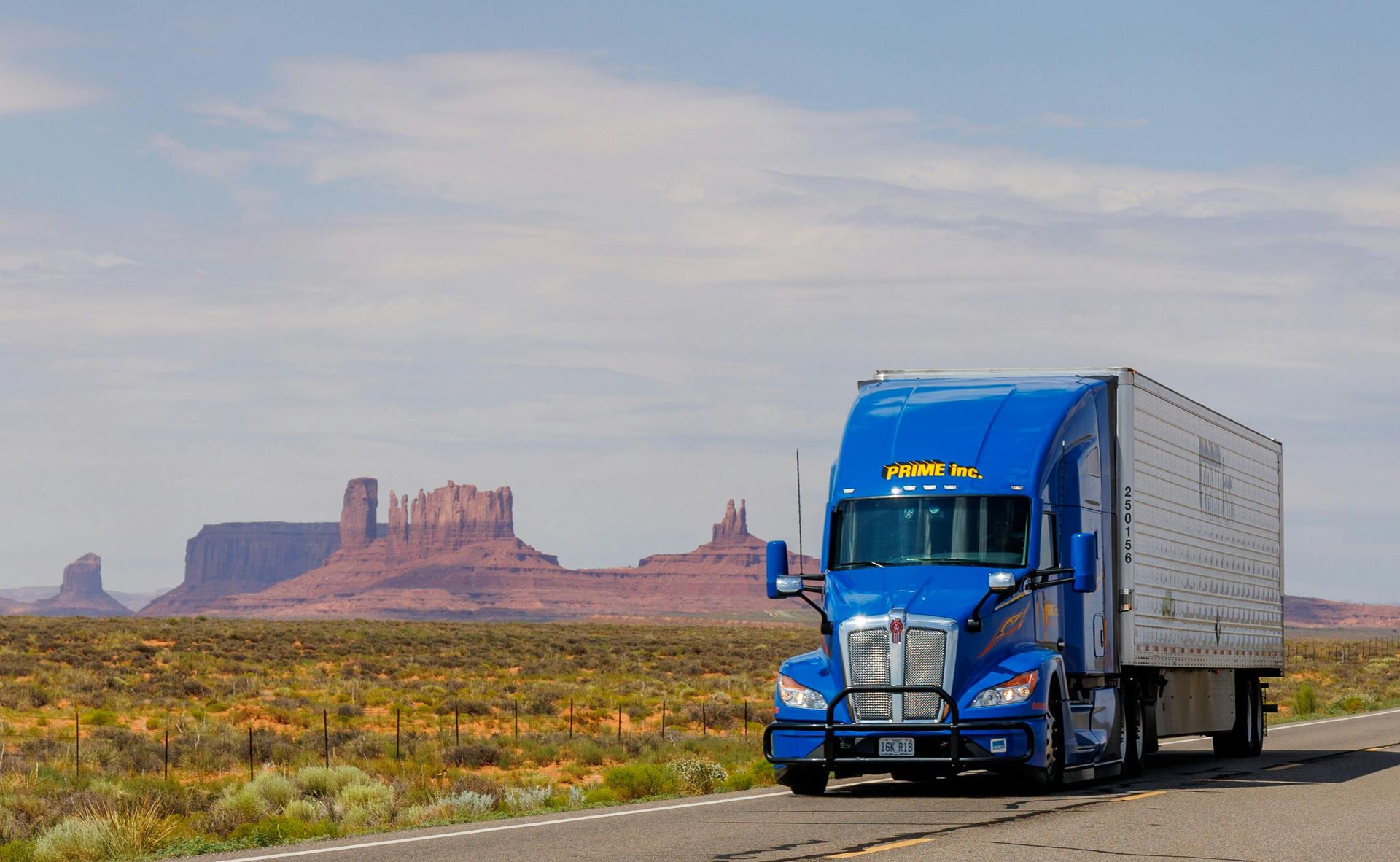fuel tax reporting
ensure ifta & irp compliance
Ensuring compliance with the International Fuel Tax Agreement (IFTA) and the International Registration Plan (IRP) is essential for trucking companies operating across state and provincial borders. Here's an overview of each program and how to stay compliant.
International Fuel Tax Agreement (IFTA) Compliance
The IFTA is an agreement among 48 U.S. states and 10 Canadian provinces that simplifies fuel tax reporting for motor carriers operating in multiple jurisdictions.
Who Needs to Register for IFTA?
Any motor carrier operating qualified motor vehicles in multiple IFTA member jurisdictions must obtain an IFTA license. A qualified motor vehicle is one that:
- Has three or more axles, OR
- Has two axles and a gross vehicle weight exceeding 26,000 lbs (11,797 kg), OR
- Is used in combination and the total weight exceeds 26,000 lbs.
International Registration Plan (IRP) Compliance
The IRP is a cooperative agreement among U.S. states and Canadian provinces that allows commercial vehicles to travel across multiple jurisdictions while paying proportional registration fees based on the distance traveled in each jurisdiction.

Key IFTA Compliance Requirements:
01. IFTA License & Decals
Obtain an IFTA license and place the decals on each qualified vehicle. Renew annually through your base jurisdiction (the state where your business is registered).
02. Quarterly Fuel Tax Reporting
Carriers must file IFTA tax returns every quarter to report miles driven and fuel purchased in each jurisdiction. Tax due or refunds are calculated based on the fuel tax rates for each jurisdiction.
Due dates:
Q1: April 30 Q2: July 31
Q3: October 31 Q4: January 31
03. Fuel & Mileage Recordkeeping
Keep accurate trip sheets, fuel receipts, and odometer readings. Maintain records for at least four years for audit purposes. Use electronic logging devices (ELDs) or GPS tracking systems for precise reporting.
04. Audits & Penalties
Failure to file on time results in penalties and interest. Non-compliance can lead to an audit, resulting in fines or suspension of IFTA credentials.
our general procedure for MSOs
01.
Send information request to our client detailing the need for information to complete the titling process.
02.
Research all VINs to confirm ownership/stolen/determination of title by the DMV.
03.
Contact original manufacturer of equipment to obtain duplicate copies of lost MSOs (if required).
04.
Receive duplicate MSO, issued by manufacturer.
If MSO is not obtainable, we cannot obtain a new title, and will proceed with the following steps (5-9):
05.
Send information request to our client detailing the need for additional information to complete the titling process.
06.
Research all vehicle VINs to confirm ownership/stolen/old lienholders.
07.
Complete the Application for a Certified Copy of Title (providing that the client does not have the original title).
08.
Submit the Application for a Certified Copy of the Title and supporting documentation to the DMV.
09.
Receive certified copies of titles provided by the DMV.
New Lienholder Required:
- Send information request to our client detailing the need for information to complete the titling process.
- Complete the Application of “State” Certificate of Title.
- Submit the Application of “State” Certificate of Title and supporting documents to the DMV.
- Receive titles (including lienholders), sent by the DMV.
- Confirm all titles are complete and correct.
- Send final titles to the lienholder or client.
Any questions? We Have Answers
I want to open a new trucking company, what do I need?
- Register your business and trademark the name
- File for an EIN with IRS
- Obtain a USDOT number & Authority
- Obtain a BOC-3 Agent & Insurance
- Obtain an IRP and IFTA account
How much does it cost to get your own trucking authority?
The FMCSA charges $699 to file the paperwork and get your authority issued.
What is a BOC-3 processing agent?
It’s an FMCSA agent or business that receives legal documents on behalf of a company. This includes court papers, complaints, and summons. Our related company 1+49 Process Agents LLC provides agents in all 50 states.
What is UCR?
It’s an annual fee that all individuals or companies that operate commercial motor vehicles across state or international lines must pay based on the number of vehicles.
What is biennial?
It’s an update with the FMCSA that requires entities to update their information every two years.
What is IFTA?
It's a fuel tax collection and sharing agreement for the redistribution of fuel taxes paid by interstate commercial carriers.
What is HVUT?
The heavy vehicle use tax or HVUT is a fee assessed annually on heavy vehicles operating on public highways at registered gross weights equal to or exceeding 55,000 pounds.
I bought a truck; how can I get it registered and get my plates?
You will need to title the vehicle first with your local county and then add it to your IRP account.
I am running under somebody else’s authority; can I open an IRP account?
Yes, as long as you have an Employment Agreement.
How does your drug & alcohol consortium work?
We send drivers for a pre-employment test and once negative results are received, we will add the driver into our drug pool. Testing is conducted at a designated site across the US.
I’m the owner, but I don’t drive why do I have to be enrolled in a consortium?
As an owner-operator of a commercial vehicle, even if you don't personally drive, you are still required to be enrolled in a consortium because DOT regulations prohibit single owner-operators from managing their own random drug and alcohol testing program.
I am enrolled in your consortium, but I have not been tested randomly, why?
If you are enrolled in a drug testing consortium but haven't been randomly tested, it's likely because random selection is based on a large pool of drivers from different companies, meaning the odds of being chosen for a test at any given time are relatively low, especially if your company has a small number of drivers; essentially, your chances of being selected are diluted by the larger pool within the consortium.
What is the Return to Duty process?
It's a series of steps that an employee must complete to return to a safety-sensitive job after a drug or alcohol violation. The process includes evaluation, education, treatment, and testing.
What is the FMCSA Portal? What do I need to open one?
It’s an online platform that allows users, including carriers, brokers, and state officials, to access various safety data and information systems related to commercial vehicles with a single set of login credentials. What do I need to open one? You will need to request your USDOT Pin and create a Login.gov account.
What is the Clearinghouse? What do I need to open one?
It's a central repository to track CDL driver drug and alcohol test results and return-to-duty information. What do I need to open one ? You need a valid email address and to create a login.gov account. You can use your existing login.gov account if you already have one.
What is a Query?
Detailed information about any violations found in a driver's Clearinghouse record.
I drove zero miles this quarter, do I need to file an IFTA return?
Yes, you must file a separate return each calendar quarter for each fuel type indicated on your initial or renewal application even when no miles were accrued that quarter.
fleet insights
Why We Do What We Do
At National Fleet Services, we believe in more than just business - we believe in building the future of the trucking industry. Through our dedication to its growth and sustainability, we help motor carriers succedd today while paving the way for the opportunties of tomorrow.
"Performed extremely well. Responded to email requests quickly. Very knowledgeable and answered questions thoroughly over the phone. Very satisfied with their work."
ADAM GUTHRIE
Let's set the wheels in motion
We look forward to hearing from you!
Fuel Tax Reporting Contact Form
We will get back to you as soon as possible.
Please try again later.






